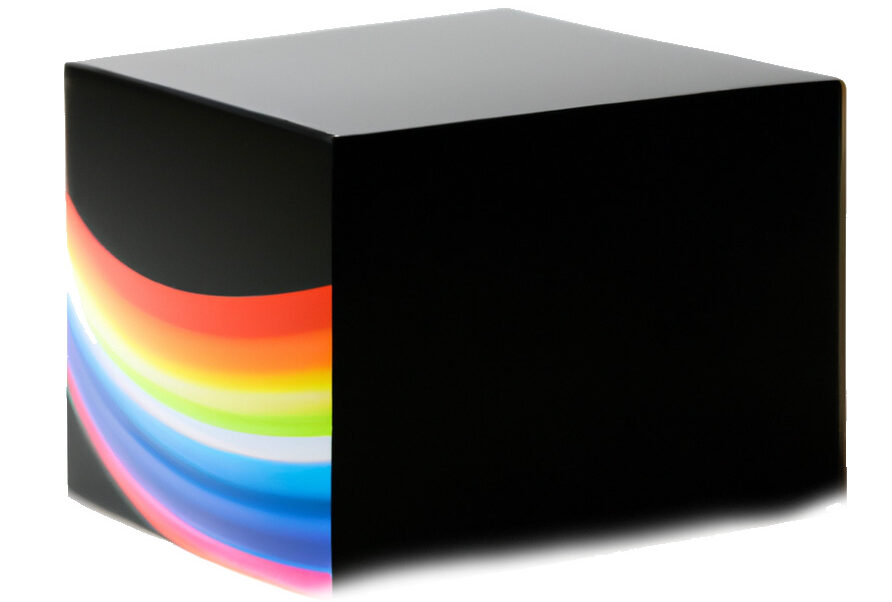Nothing says “Happy Holidays” like an A.I.-generated, deepfake Santa Claus delivering a personalized greeting to your loved ones. At least that’s what Synthesia — a synthetic media startup based in the United Kingdom — is hoping for with their new Synthesia Santa tool, which launched last week.
Synthesia Santa allows you to type up a script on Synthesia’s website (up to 300 characters or around 100 words), choose a festive holiday background, and press a button. After 15–30 minutes of processing time, you’ll receive a link to a realistic video of Santa Claus (well, actually an actor in a Santa costume, but don’t tell the children) reading your personalized script, complete with cheerful background music and animated falling snow. The service is free, but Synthesia collects your email address, which they use to send you your completed video.
It all looks very jolly and festive — like you hired a mall Santa to spread some holiday cheer to your loved ones, or perhaps met with one on Zoom. Except Synthesia Santa isn’t real. The videos are produced by Synthesia CREATE, the company’s proprietary synthetic video platform. Synthesia Santa is the product of advanced artificial intelligence algorithms running inside a computer, built using the same technologies behind deepfakes.
Synthesia is no stranger to dramatic public demonstrations of their tech. In 2019 the company used its technologies to deepfake David Beckham, allowing a synthetic version of the soccer star to read an anti-malaria message in nine different languages as part of a campaign for Malaria Must Die. The campaign had reached 400 million people as of April of last year, according to TechCrunch.
Most days, though, Synthesia’s team spends its time on less dramatic fare. The company works with organizations including Reuters, Accenture, and the BBC to generate localized synthetic news reports in multiple languages, corporate training videos, and the like. Clients can type up a script for an HR training video, for example, press a button, and have one of Synthesia’s virtual actors read the script in front of a PowerPoint, static image, or colorful backdrop. Companies have used the platform to produce Covid-19 training videos for staff returning to physical offices, eliminating the risk of hiring real actors and a production team.
Nothing says “the holidays” like a surprise Turing test.
Synthesia’s goals are much bigger, though. The company’s CEO Victor Riparbelli told me that he sees his Synthesia’s videos one day replacing emails, product tutorials, and many other written communications. Riparbelli imagines a world where an individual creator could type up scripts for hundreds of YouTube videos, create them synthetically via Synthesia’s API and its stable of virtual actors, and launch an entire news studio or product review vlog from their basement in a few weeks.
Synthesia can even create a synthetic clone of any individual, using video of them reading a script in front of a green screen. I’m currently working with the company to test this capability, as well as the idea of creating synthetic YouTube videos at scale. I’ll be reporting on this more here at Debugger — stay tuned!
In the meanwhile, try out Synthesia Santa for yourself. The creative possibilities are nearly endless. Maybe you’d like Santa to participate in your baby’s gender reveal? Or go on an impassioned meta-rant about the risks posed by synthetic content? Or perhaps you’d just like to post your Santa video on social media and see if anyone realizes it’s a fake. Nothing says “the holidays” like a surprise Turing test.
Synthesia has a clear ethics policy and manually checks each submission, so try to err on the side of “nice” rather than “naughty” when writing your script. The company says that “Political, sexual, offensive or criminal content” won’t make it through their review. But otherwise, have fun. You now have a personal Santa Claus at your disposal. Use him wisely, and happy holidays from your friends at Debugger.

